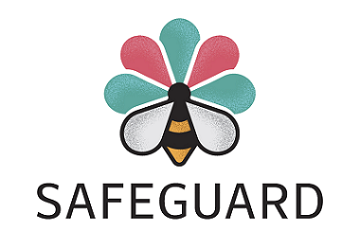Wild pollinators are a key part of European biodiversity and provide a wide range of benefits to crops, wild plants, and human wellbeing. However, wild pollinators face multiple threats in Europe and around the world, including climate change, land use change and habitat loss, causing the decline in their number and diversity. The full extent of their decline, its complex causes and the most effective ways to respond to it are still not well understood.
Project Safeguard is created to contribute to the understanding of this problem. It aims to expand current assessments of the status and trends of European wild pollinators, including bees, butterflies, flies and other insects. It will also reveal environmental, economic and societal impacts and deliver an integrated assessment framework as basis for a portfolio of effective policy and practice solutions. It will pay particular attention to emerging threats, how different threats interact, and what the long-term and cumulative effects are.
Colaborarán 25 instituciones procedentes de 15 países
A team of researchers, NGOs, industry and policy experts from 25 institutions spread across 14 European countries and China are joining forces in this project. "This interdisciplinary project will make a significant contribution the protection of pollinators and their functions in European ecosystems and has the potential to reinforce global initiatives that aim to halt biodiversity declines," comments Safeguard coordinator Prof. Dr. Ingolf Steffan-Dewenter, head of the Department of Animal Ecology and Tropical Biology at Julius-Maximilians-Universität Würzburg in Bavaria, Germany.
Safeguard will conduct empirical research for systematic assessment of multiple threats to wild pollinators at scales from the local to global and in different scenarios, from natural habitats, to agricultural landscapes and urban areas.
With the support of key stakeholders, Safeguard will co-develop an integrated assessment framework, including guides to decision makers, so our research insights can more effectively support evidence based management and policy at national, European and global scales. In addition, Safeguard will work to increase awareness of wild pollinators and their societal value, especially with the general public, industry, business and policymakers , in order to mobilise concerted multiple actions towards reversing wild pollinator decline across Europe.
https://www.safeguard.biozentrum.uni-wuerzburg.de/

 Open Call for Research Projects in ICTS-Doñana!
Open Call for Research Projects in ICTS-Doñana!



